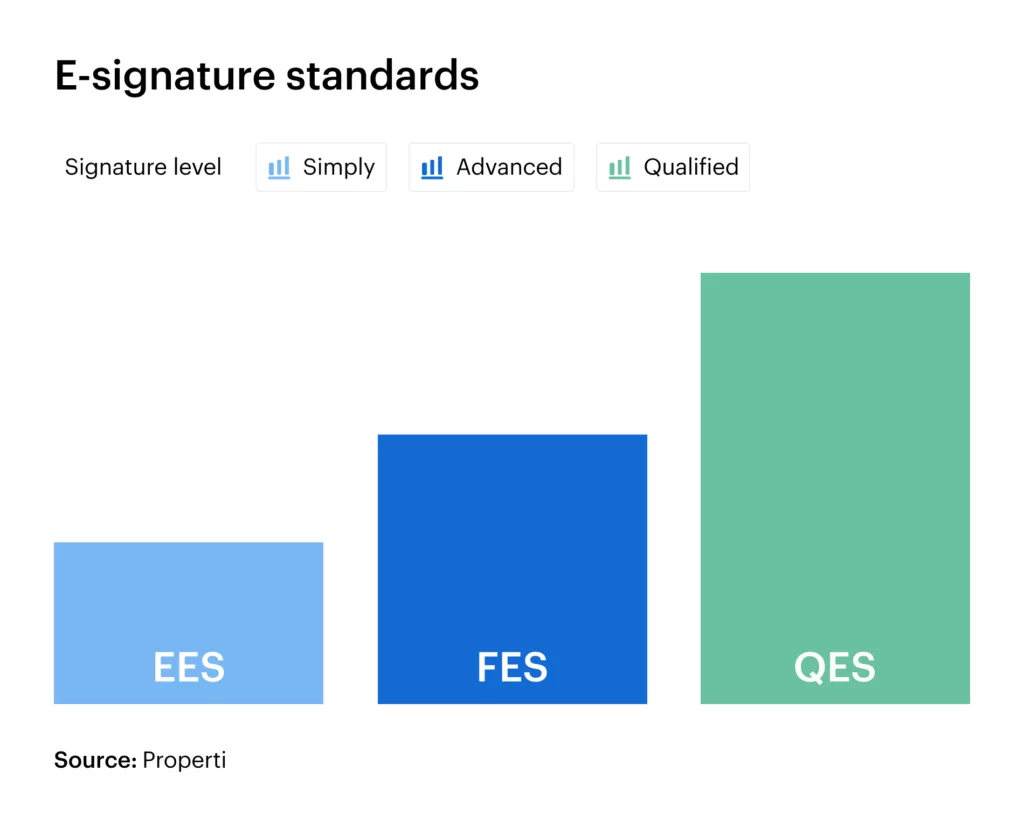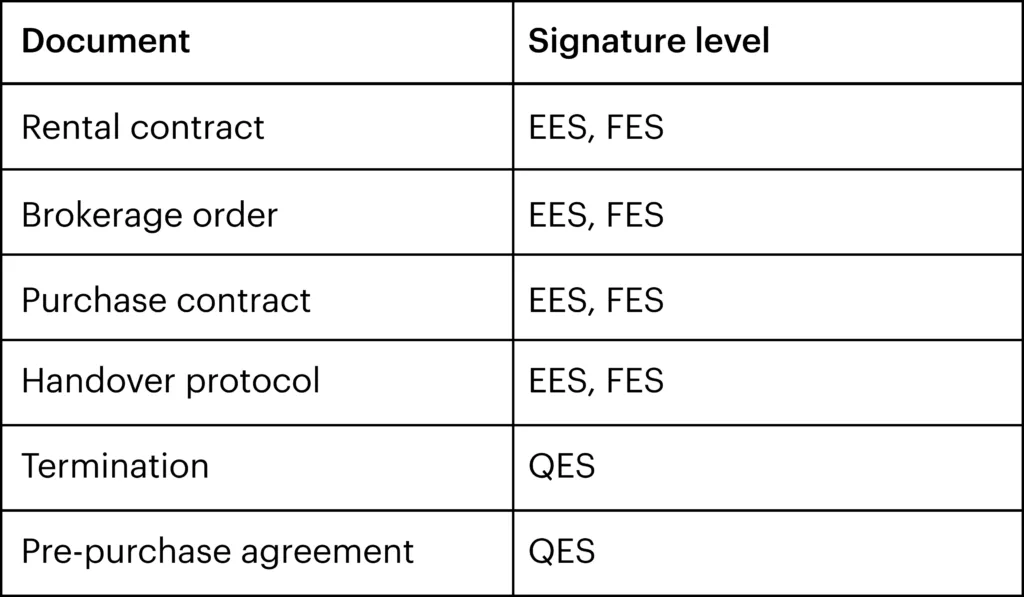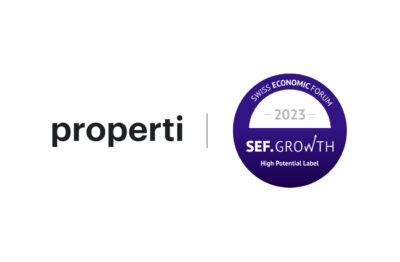Real estate service providers are faced with the challenge of meeting the requirements of their customers and tenants with regard to digital processes, especially in contract management. What is already routine in other sectors is now increasingly becoming a reality in the real estate industry. Properti is already successfully relying on digital processes, enabling an efficient and customer-friendly workflow. What to look out for in digital contracts.
Table of contents
ToggleAdvantages of e-documents
The ability to process transactions online, sign documents electronically and exchange information in real time is also increasingly becoming a reality in the real estate sector. This development not only makes the process of real estate transactions considerably easier, but also helps to save time and resources and optimize efficiency for all parties involved.
Advantages of the e-signature
- Trustworthy: Digitally signed contracts follow regulated standards, are encrypted and are legally binding in Switzerland and the EU. This creates trust between sellers and buyers.
- Unambiguous/verifiable: Due to the required data, it is clear and verifiable which person has signed.
- Increased efficiency: The simple, paperless handling accelerates existing processes in contract processing and saves time for all parties.
- Location-independent: Documents can be signed from anywhere and from virtually any device, and progress can be tracked in real time. Transactions can thus be completed more quickly.
Let the experts advise you. Arrange a consultation directly or call us on +41 44 244 32 00.
Basics of e-signatures and legal validity
E-signatures come in three variants with different types of probative value, whereby only the highest signature level with the greatest probative value is equivalent to a handwritten signature. As a general rule, many contracts and components of documents used in the real estate sector are form-free. This means that contracts can be concluded both orally and in writing. These can be signed with a simple electronic signature (EES) or an advanced electronic signature (FES). However, even if a written form is required by law, the qualified electronic signature (QES) can be used, as this fulfills the legal written form requirement.

Back in 2014, the European Union regulated the legal validity of electronic signatures by means of the eIDAS Regulation. Two years later, Switzerland also established corresponding criteria for the use of e-signatures in Switzerland with the Federal Act on Electronic Signatures. These are now used to sign almost all documents, which also enables the digital submission of court documents, for example.
The European eIDAS regulation (electronic Identification, Authentication and trust Services) distinguishes between different types of electronic signatures, each of which represents different security standards:
EES – Simple electronic signature
FES – Advanced electronic signature
QES – Qualified electronic signature
Applications in practice
In everyday life, e-signatures can be used in most cases with legal validity. If public notarization is required, as is the case with the purchase of land (Art. 216 para. 1 OR), it still requires a personal signature on site at the notary’s office. Other common contracts such as rental agreements and brokerage contracts can be signed with either a simple or advanced electronic signature. For some documents, written form is explicitly required by law, in which case a QES must be used.

A corresponding program or service is required to be able to sign digitally. EasyGov provides a list of some of these providers. These services charge a small fee for each signature, which can vary depending on the signature level. For reference, a QES signature costs around CHF 4.50, while you can expect to pay around CHF 2.50 for an FES signature. The Confederation provides a free validator for the legal verification of the validity of e-signatures.
Always up to date. Subscribe to our newsletter now and never miss any real estate news and offers.
Conclusion
The use of e-signatures has many advantages and reduces time-consuming, recurring commercial work. In our hectic everyday lives, where the efficiency of transactions between sales and rentals is crucial, we recognized the potential of using digital documents early on. This not only saves resources, but also promotes customer satisfaction. However, it is important to be familiar with the legal aspects and to use the appropriate signature standard.
All data are without guarantee. The information on these Internet pages has been carefully researched. Nevertheless, no liability can be assumed for the accuracy of the information provided.












